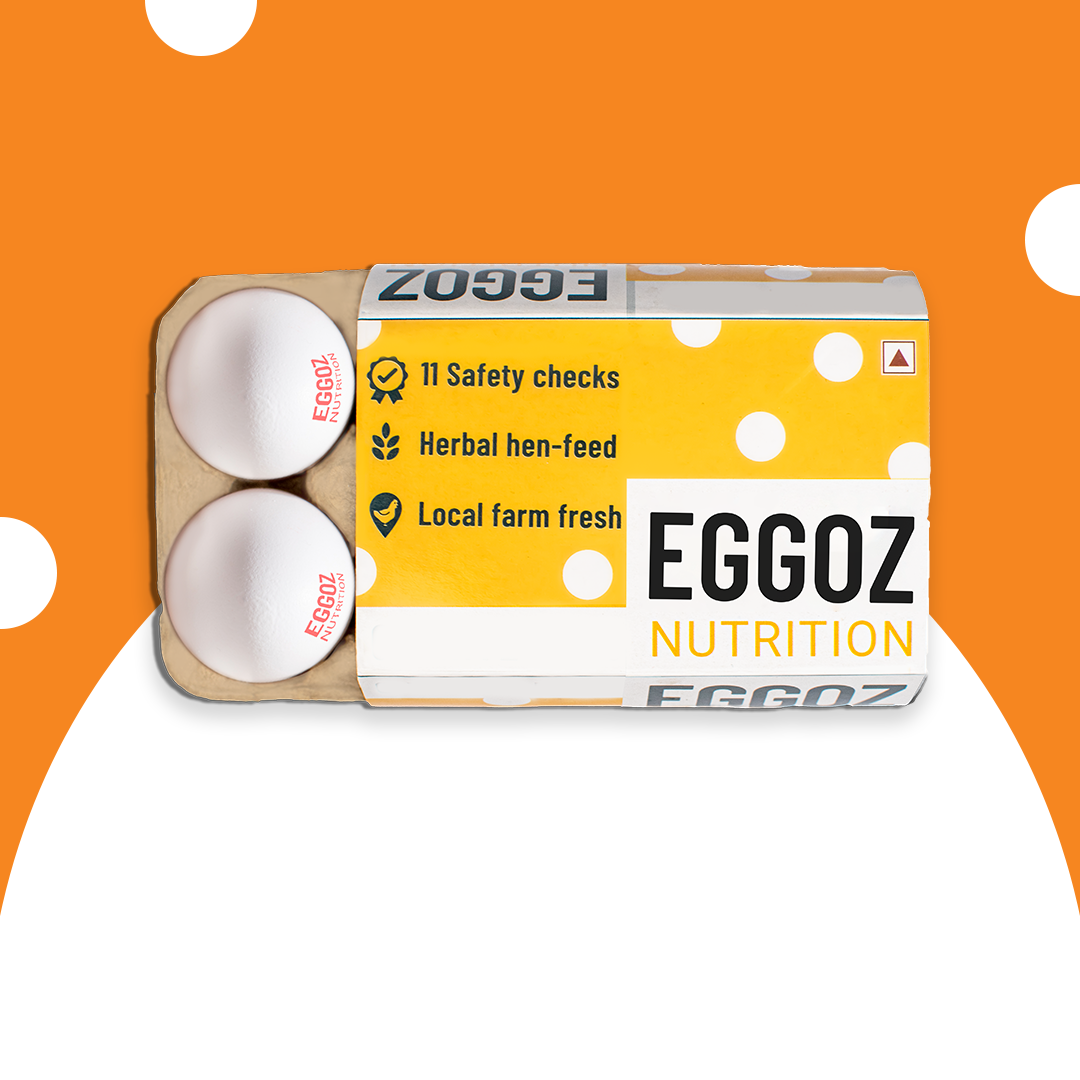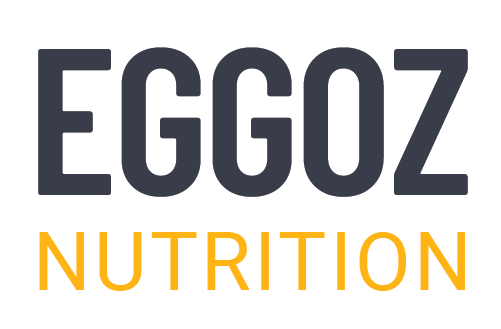Vitamin E, a fat-soluble antioxidant, helps prevent chronic illnesses. Neutralising free radicals and protecting cellular integrity make it essential to nutritional fitness. Vitamin E is needed for immune, skin, and nerve health, whether from diet or supplements. Health advantages, bioavailability, and cost are concerns when choosing Vitamin E from food or supplements. This blog discusses Vitamin E's importance, conditions of deficiency, food vs. supplements, and five top Vitamin E-rich foods, including eggs, before offering practical advice for optimal intake.
Importance of Vitamin E
Vitamin E affects several physiological systems and activities. As a powerful antioxidant, it is crucial. Vit. E prevents oxidative stress by neutralising free radicals, which harm cells, proteins, and DNA. This protective activity greatly reduces the chance of chronic diseases like cancer, cardiovascular disease, and Alzheimer's. Antioxidative damage protection by Vitamin E is essential for cell health and longevity. Vitamin E boosts immunity and works as an antioxidant. It activates T-cells, which fight infections and illnesses.
Vitamin E Deficiency Symptoms
Rare Vitamin E insufficiency can result from poor diet or underlying disorders that impede fat absorption. Possible deficiency symptoms:

- Coordination and Muscle Weakness: Vitamin E insufficiency affects the neurological system, worsening muscle weakness and coordination and making daily chores difficult.
- Trouble seeing: Vitamin E deficiency can damage the retina, causing hazy vision or more serious vision problems.
- Immune dysfunction: Low Vitamin E undermines the immune system, extending healing and infection risk.
- Skin, Hair Issues: Vitamin E insufficiency brings dry skin and brittle hair. Absence can impair skin moisture retention and protection.
- Neurological Signs: Due to Vitamin E's nerve protection, peripheral neuropathy—tingling, numbness, or pain in the extremities—may occur.
Vitamin E: Foods vs. Supplements
Both natural dietary sources and synthetic supplements can provide Vitamin E, but their efficacy, safety, and additional benefits vary.
|
Aspect |
Vitamin E from Food |
Vitamin E from Supplements |
|
Source |
Naturally found in seeds, nuts, eggs, and green vegetables. |
Manufactured synthetically or derived from natural oils. |
|
Absorption |
Better absorbed due to the presence of fats and other synergistic nutrients in food. |
Absorption may vary depending on the form (natural d-alpha vs. synthetic dl-alpha). |
|
Nutritional Value |
Offers a range of other vitamins, minerals, and antioxidants. |
Provides only Vitamin E, lacking additional nutrients present in whole foods. |
|
Cost and Accessibility |
Economical and accessible through a balanced diet. |
Often costly, particularly high-quality, natural-form supplements. |
Top 5 Vitamin E-Rich Foods:
Eating Vitamin E-rich foods is a natural method to meet daily needs. The health benefits of five great Vitamin E sources, including eggs, are listed below:
Sunflowers:
Sunflower seeds contain 7.4 mg of Vitamin E per ounce, approximately half the daily required dose for most adults. This tiny seed's antioxidants work together to fight oxidative stress and inflammation, improving health. Sunflower seeds contain Vitamin E, magnesium, selenium, and phosphorus, which help bone and immunological health. They add crispness to salads, provide nutrients to yoghurt and muesli, and improve smoothies.
Almonds:
Almonds, with 7.3 mg of Vitamin E per ounce, are a great addition to your diet. Almonds can lower bad cholesterol and raise good cholesterol due to their monounsaturated fat content. Almonds provide Vitamin E, protein, fibre, and minerals including magnesium and potassium, which regulate blood pressure and muscular function. You can eat almonds raw, roast them for flavour, or make almond butter for a creamy spread.
Spinach:
Spinach delivers 3.7 mg of Vitamin E per cooked cup, making it a nutrient-dense supplement to any meal. In addition to Vitamin E, spinach contains iron, calcium, vitamins A and C, which boost immunity, bone health, and vision. Antioxidant-rich spinach reduces inflammation and free radical damage. Raw spinach in salads, green smoothies, soups, stews, and stir-fries are flexible.
Eggs:
At 0.5 mg per egg, eggs are a cheap, adaptable, and commonly available source of Vitamin E. Eggs' nutritious value makes them a valuable addition to the diet, despite their low Vitamin E level. Eggs include all important amino acids for muscle repair and growth in high-quality protein. B12, D, selenium, and choline boost brain and immunological health.
Avocados:
Avocados contain 2.1 mg of Vitamin E per half avocado and are excellent. They are noted for their creamy texture and high monounsaturated fat content, which is important for cholesterol and cardiovascular health. Avocados are a good source of Vitamin E because their lipids help absorb fat-soluble vitamins. Along with Vitamin E, avocados provide potassium, folate, and fibre, which improve digestion, blood pressure, and nutrient balance.
Conclusion:
Vital nutrients like vitamin E boost immunity, skin, eyesight, and the nervous system. Maintaining appropriate amounts requires a balanced diet with sunflower seeds, almonds, spinach, eggs, and avocados. Whole foods provide more benefits than supplements, which can aid in some circumstances. A thoughtful approach to Vitamin E intake, focussing on different food sources such as Eggoz eggs, minimises supplementing dangers. Vitamin E has several health benefits, and intelligent eating choices can protect your health.


